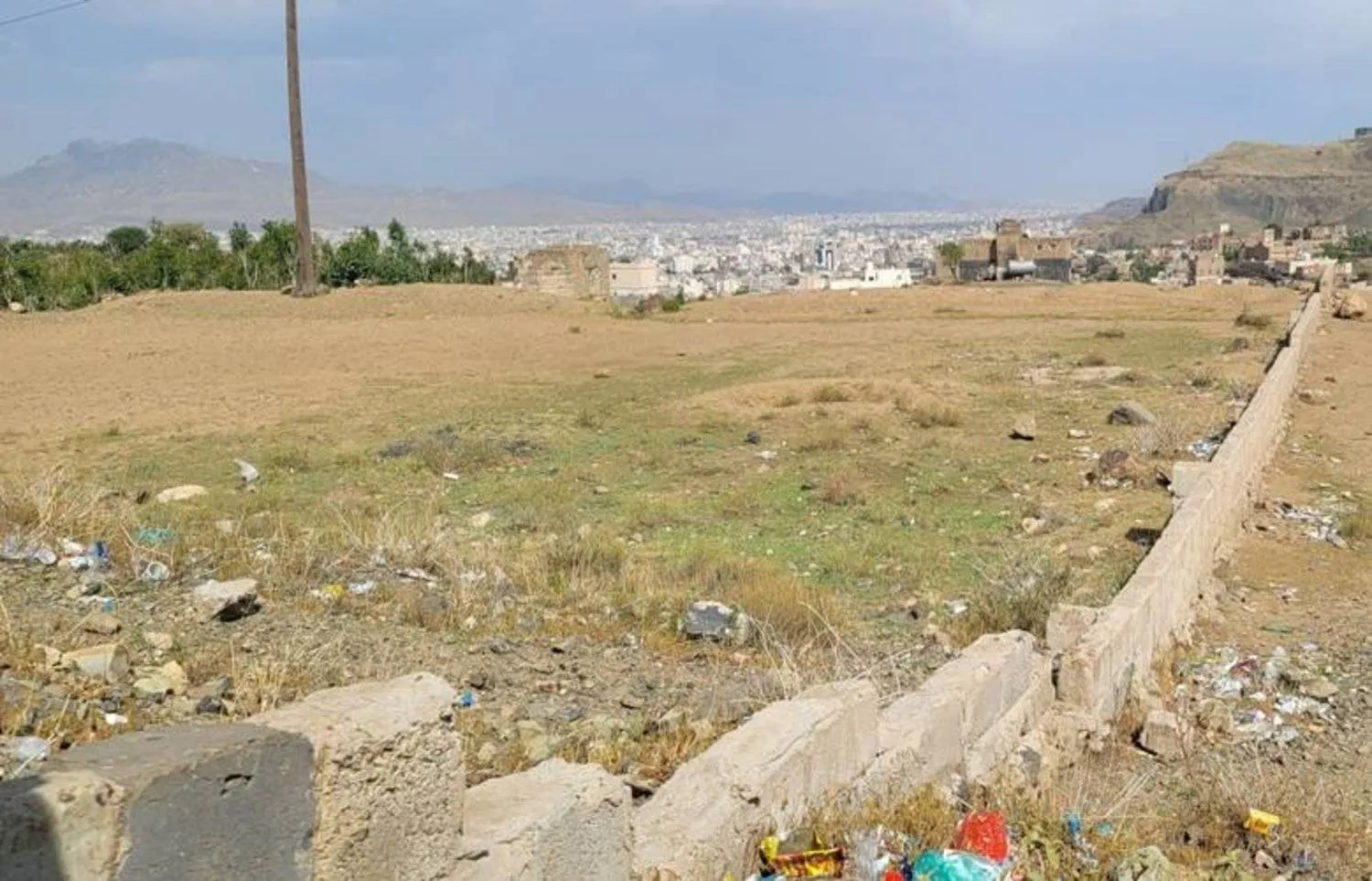Houthi leaders in Yemen have escalated their acts of property theft in various regions under their control, especially in Sanaa, Al-Mahwit, and Ibb. This comes amid their competition for greater wealth, while disregarding the plight of hundreds of thousands of starving Yemenis.
Informed sources report that Houthi leaders have seized a side street in the district of Maeen in the heart of the capital, Sanaa.
Simultaneously, accusations have been leveled against leaders within the group for plundering lands and mountains in Al-Mahwit governorate, and spending millions of dollars to purchase land in Sanaa.
According to sources, Houthi leaders involved in trade and investment have closed off the side street that connects the Sunaynah neighborhood in Maeen to the Sixty Street (one of the main streets in Sanaa) with iron barriers.
They have transformed it into an investment project for selling construction materials such as cement, iron, and wood.
The Houthi behavior has sparked waves of anger and condemnation among the population.
Some residents, in conversations with Asharq Al-Awsat, affirmed that after the group had finished plundering lands, houses, and other public and private properties, they turned their focus towards organized acts of robbery against main and side streets in Sanaa and other cities under their control.
Despite the prevailing security chaos in Sanaa, marked by increasing instances of encroachments on others’ properties, sources have accused pro-Houthi leadership managing the capital’s municipality of being behind the encroachments.
Many residents of Sanaa fear that in the coming days, the group will turn towards seizing the remaining streets of the capital, eventually converting them into private properties owned by Houthi leaders, especially those anticipated to come from Saada, where the Houthis’ main stronghold lies.
Observers estimate that since the coup, Houthi raiding operations have targeted over 80 % of the lands, properties, and state assets in the capital city of Sanaa and its surroundings.
This is not the first time that coup leaders have appropriated public properties in Sanaa and other cities.









